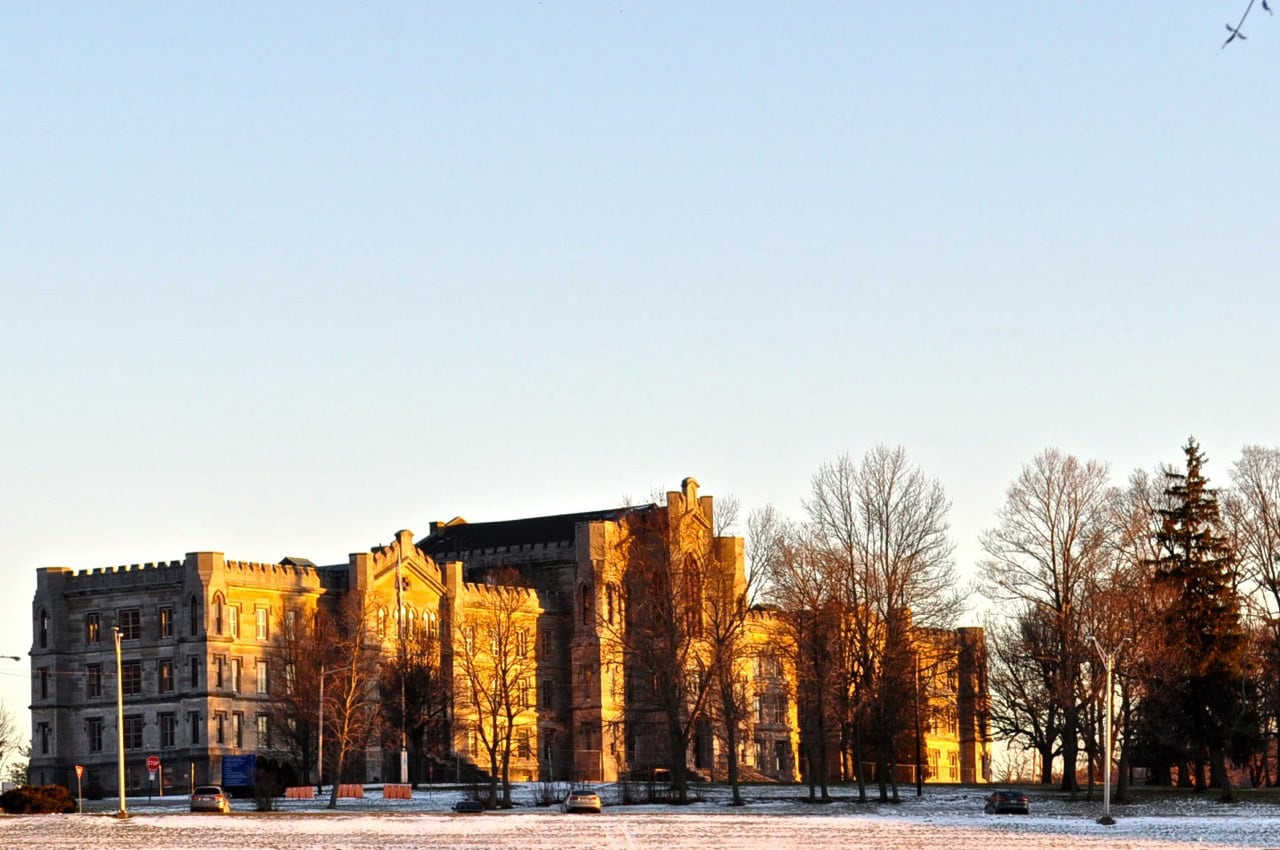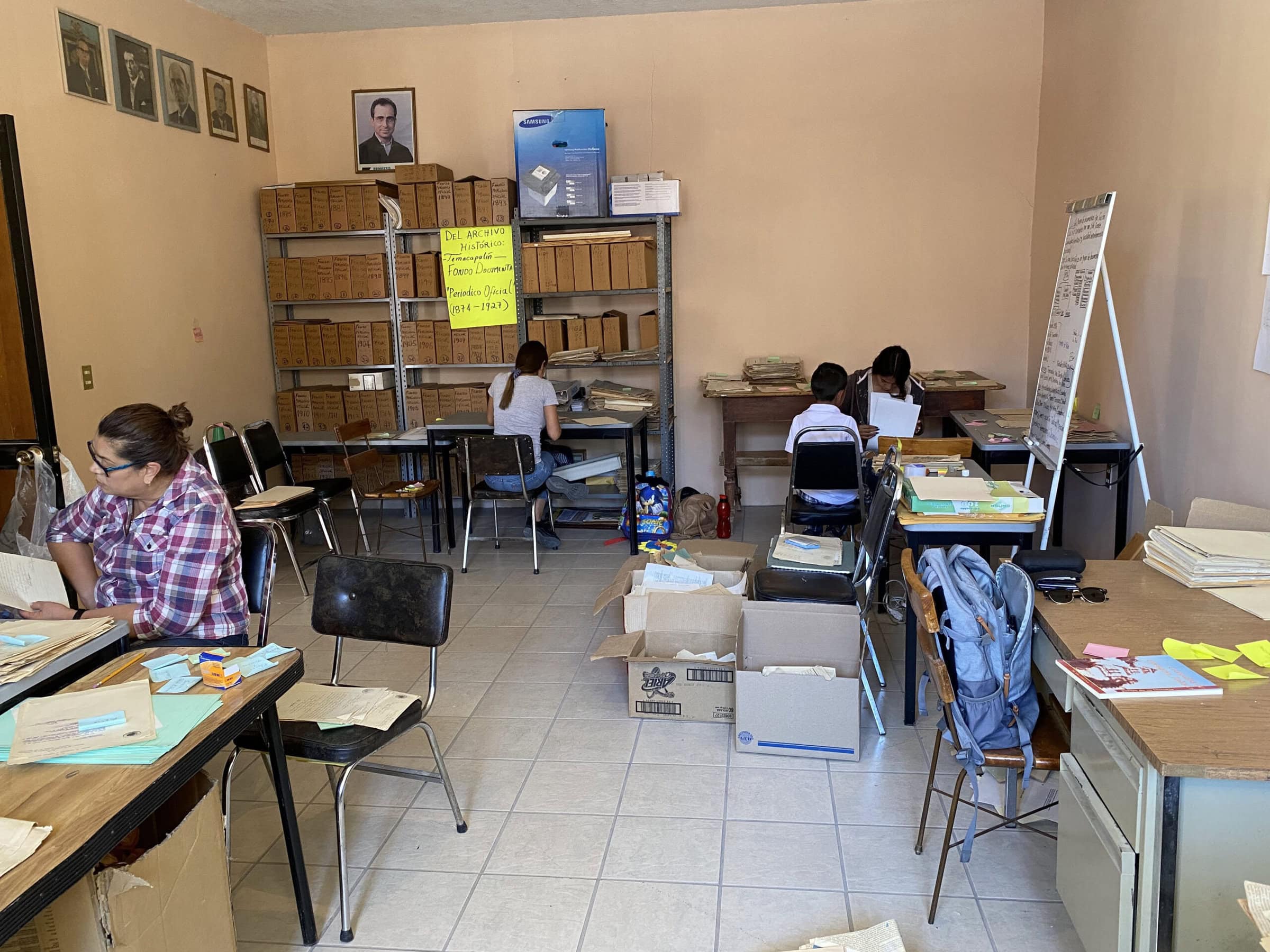Historians are travelers—travelers of the heart, the mind, and of the body. In 1953, L.P. Heartly acknowledged, “The past is a foreign country: they do things differently there.”
That still rings true today. Historians, however, do not only travel mentally to the past, but our explorations also bring us to different present foreign countries in our ongoing hunt for sources. And, yes, they do things differently there, too! Archives are never the same, access policies vary, historical research is perceived in different ways, and people will be more or less welcoming or suspicious towards outside researchers; these are some of the challenges that historians need to gracefully engage.
This blog is inspired by my research travel to Angola in south-central Africa, which took place in March and April 2015, within the framework of my history PhD dissertation, preliminarily entitled, “From Africa to East Germany and Back: Uncovering the Life Experiences of Transnational Mozambican and Angolan Contract Workers during and after the Cold War.” Trained as a historian of Africa, I have done archival work in Angola, Germany, Mozambique, Namibia, Portugal, and South Africa. I have also had the opportunity to collect oral histories among Bushmen in the Kalahari desert and former factory workers in Mozambique. These experiences, in addition to the adventures I encountered in Angola, will inform my posts.
I will share some essential insights into the practicalities and politics of collecting data in research environments entirely different from the North American classroom, where many of us were trained as archival adventurers and oral history collectors. The first blog entry will explore what constitutes an archive in the field. I will examine the many likely and unlikely locations where a historian might come across written documentation, as well as discuss how to successfully navigate gatekeepers and access restrictions. The second post is dedicated to understanding differences of time and space in the field. I will explain how to operate a research agenda on African time, “plan” a day where planning is impossible, and network in cultures where face time trumps e-mail and phone contact. The last entry will discuss the intricacies of oral history collection, both in a working class and an elite context.
Doing research in Angola changed my perception of fieldwork, and I am eager to explore how I have adapted my approach in response to the demands of the field. It is my hope that young and established historians alike may find it worthwhile to read about my experiences and how I learned to situate myself in the field, navigate various types of archives, and collect oral history in Luanda, Angola.
May this blog serve as a travel guide for other historians as they prepare for their own fieldwork trips and contemplate the historian’s craft. Much of our attention is focused on our analysis and understanding of the events that our sources tell us about, rather than on the fieldwork process. This blog seeks to shift this focus and to contribute to a discussion on how we collect sources and inhabit the field. It seeks to familiarize the traveling historian with foreign countries, both past and present.
If you are ready to travel with me to Africa, pack your bag and read on.
This post first appeared on AHA Today.
This work is licensed under a Creative Commons Attribution-NonCommercial-NoDerivatives 4.0 International License. Attribution must provide author name, article title, Perspectives on History, date of publication, and a link to this page. This license applies only to the article, not to text or images used here by permission.


